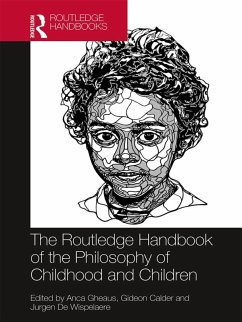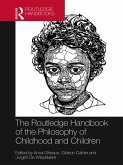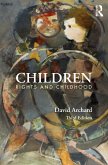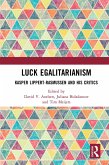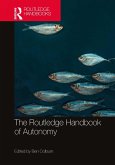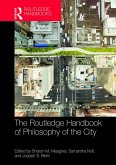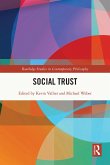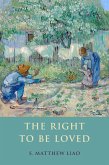· Being a child
· Childhood and moral status
· Parents and children
· Children in society
· Children and the state.
Questions covered include: What is a child? Is childhood a uniquely valuable state, and if so why? Can we generalize about the goods of childhood? What rights do children have, and are they different from adults' rights? What (if anything) gives people a right to parent? What role, if any, ought biology to play in determining who has the right to parent a particular child? What kind of rights can parents legitimately exercise over their children? What roles do relationships with siblings and friends play in the shaping of childhoods? How should we think about sexuality and disability in childhood, and about racialised children? How should society manage the education of children? How are children's lives affected by being taken into social care?
The Routledge Handbook of the Philosophy of Childhood and Children is essential reading for students and researchers in philosophy of childhood, political philosophy and ethics as well as those in related disciplines such as education, psychology, sociology, social policy, law, social work, youth work, neuroscience and anthropology.
Dieser Download kann aus rechtlichen Gründen nur mit Rechnungsadresse in A, B, BG, CY, CZ, D, DK, EW, E, FIN, F, GR, HR, H, IRL, I, LT, L, LR, M, NL, PL, P, R, S, SLO, SK ausgeliefert werden.
Adam Swift, University of Warwick, UK.
"This volume provides an extraordinarily helpful starting point for philosophically informed conversations about children and childhood. The five sections are easily navigable, and the thirty-six original essays cover a remarkably broad domain of questions. Anyone teaching or writing on children will find this book to be an essential resource."
Tamar Schapiro, Massachusetts Institute of Technology, USA

